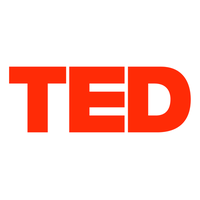Lera Boroditsky | How language shapes the way we think (2)
These are important things in our daily lives. 12:28 Now, the beauty of linguistic diversity is that it reveals to us just how ingenious and how flexible the human mind is. Human minds have invented not one cognitive universe, but 7,000 -- there are 7,000 languages spoken around the world. [:] And we can create many more -- languages, of course, are living things, things that we can hone and change to suit our needs. The tragic thing is that we're losing so much of this linguistic diversity all the time. We're losing about one language a week, and by some estimates, half of the world's languages will be gone in the next hundred years.class="mceAudioTime">[:] And the even worse news is that right now, almost everything we know about the human mind and human brain is based on studies of usually American English-speaking undergraduates at universities. That excludes almost all humans.s="mceAudioTime">[:][:]> Right? So what we know about the human mind is actually incredibly narrow and biased, and our science has to do better. 13:37 I want to leave you with this final thought.="mceAudioTime">[:] I've told you about how speakers of different languages think differently, but of course, that's not about how people elsewhere think. It's about how you think. It's how the language that you speak shapes the way that you think. And that gives you the opportunity to ask, "Why do I think the way that I do?" "How could I think differently?" And also, "What thoughts do I wish to create?" 14:03 Thank you very much.

